Evaluation Plan Guidance Page 23
ADVERTISEMENT
EVALUATION PLAN GUIDANCE
SOCIAL INNOVATION FUND
Specific Guidance: Feasibility Studies
Describe the barriers to implementing a full-scale study yielding moderate or strong evidence and provide a
complete description of the feasibility study to be conducted, including, as appropriate, study elements related
to a description of the program, engagement with stakeholders, or assessments of data availability and
quality. The evaluation plan should address the plans to test the practicality of the use of a control or
comparison group or other counterfactual. Describe how the feasibility study prepares the program and the
evaluators for planning, implementing, and completing a more rigorous evaluation.
Combination of Designs and/or Analyses
In some situations, using a combination of several study designs may be useful to capture the evidence of
effectiveness of the program. For example, a small scale RCT may be used alongside a larger matched
comparison study with groups formed by propensity score matching.
Specific Guidance: Combination of Designs and/or Analyses
If multiple study designs or analyses are combined, the proposal should provide clear details of all
components, in accordance with the specifications provided above. Further, the proposal should provide a
rationale for using a combination approach, with a focus on how using multiple analyses offsets threats to
internal and external validity.
Note that the design types discussed above are not intended to be a full list, and other design types and
combinations of design types appropriate to your program and evaluation goals are welcome.
Implementation Evaluation
Implementation evaluation is an assessment of how well a program does what
Additional Resources
it sets out to do. Rather than focusing on the outcomes, however,
implementation evaluations focus on the process by which a program provides
See Weiner (2004) for
services or otherwise accomplishes its mission. Implementation studies center
information on
implementation evaluation
on discerning how closely the actual running of the program matches the
research design.
theory that generated both the program in general, as well as the particular
components that participants experience.
Specific Guidance: Implementation Evaluation
Implementation studies are strongly encouraged as part of any evaluation plan. The program theory and logic
model should guide the implementation evaluation. An implementation evaluation examines both how well
the program matches the theory behind its creation, and what the program actually does on the ground. In
addition, an implementation evaluation strives to uncover the exact processes that lead to outcomes. The plan
should measure variation in implementation within the program as well as across program sites, as warranted.
The plan should assess both the quantity and quality of services delivered to the target population.
Additionally, the plan should examine if the program is indeed serving the people for whom it was intended,
and if appropriate, if there is a control or comparison group who may or may not be receiving similar services
through another program or programs.
nationalservice.gov/SIF
20
ADVERTISEMENT
0 votes
Related Articles
Related forms
Related Categories
Parent category: Education
 1
1 2
2 3
3 4
4 5
5 6
6 7
7 8
8 9
9 10
10 11
11 12
12 13
13 14
14 15
15 16
16 17
17 18
18 19
19 20
20 21
21 22
22 23
23 24
24 25
25 26
26 27
27 28
28 29
29 30
30 31
31 32
32 33
33 34
34 35
35 36
36 37
37 38
38 39
39 40
40 41
41 42
42 43
43 44
44 45
45 46
46 47
47 48
48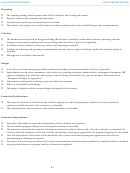 49
49 50
50 51
51 52
52 53
53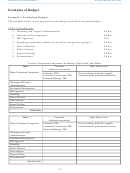 54
54 55
55 56
56 57
57 58
58 59
59 60
60 61
61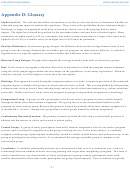 62
62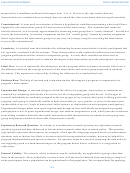 63
63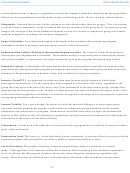 64
64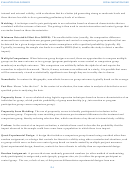 65
65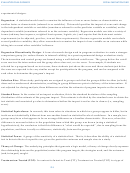 66
66 67
67 68
68








